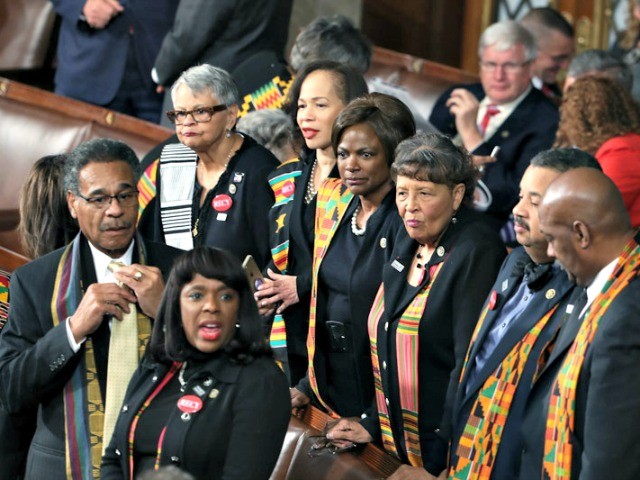
I underestimate the value of silence. As a student, I used to think silence was a sign of weakness. If you don’t raise your hand, you clearly don’t know the answer. But years later I realize that just because you speak more or interrupt in a conversation, you are not necessarily any brighter than those that hold back. More and more, I admire those that are selectively silent.
Some examples:
-When a five-year-old asks a parent why people die, a rushed answer isn’t what the child needs. With any child, there is almost always a follow up question. But without the pause, the parent misses exactly what the child is trying to convey.
-Sitting in a heated conversation with multiple points of view. Showing that you are listening, present, and available for an open discussion gives a greater chance for your point to be heard. Silence can be your greatest tool.
-Listening to bereft friends and congregants share memories of their loved ones. No need to jump in and share your own examples of grief. Certain words are often detrimental. But allowing their stories to enrich your life, silence becomes a gift to the mourner and a gift to the comforter.
The Torah reminds us that when Aaron’s sons die a tragic death, Aaron cannot speak. Aaron is stunned. Completely silent. Our commentators wrestle with his response. Where’s the outrage? Where’s his anger? His sorrow? But we forget that silence is an active state. A choice. Perhaps Aaron’s silence gives him permission to begin an inward cycle of grief. A conscious silence that provides space for his heart to shatter and break.
Silence isn’t merely an absence of words. It is an extension of time freeing the mind to process, analyze and sometimes, rest and heal. Rumi reminds us, “The quieter you become, the more you are able to hear.”
Whether a brief pause, listening ear or stunned period of absolute stillness, silence is often the wisest choice.
In your silence, be open to what it is your heart needs to hear.
Shabbat Shalom
Rabbi Nicole Guzik is a rabbi at Sinai Temple. She can be reached at her Facebook page at Rabbi Nicole Guzik. For more writings, visit Rabbi Guzik’s blog section from Sinai Temple’s website.
Related posts:
Views: 0
 RSS Feed
RSS Feed

















 April 23rd, 2021
April 23rd, 2021  FAKE NEWS for the Zionist agenda
FAKE NEWS for the Zionist agenda 





 Posted in
Posted in  Tags:
Tags: 
















